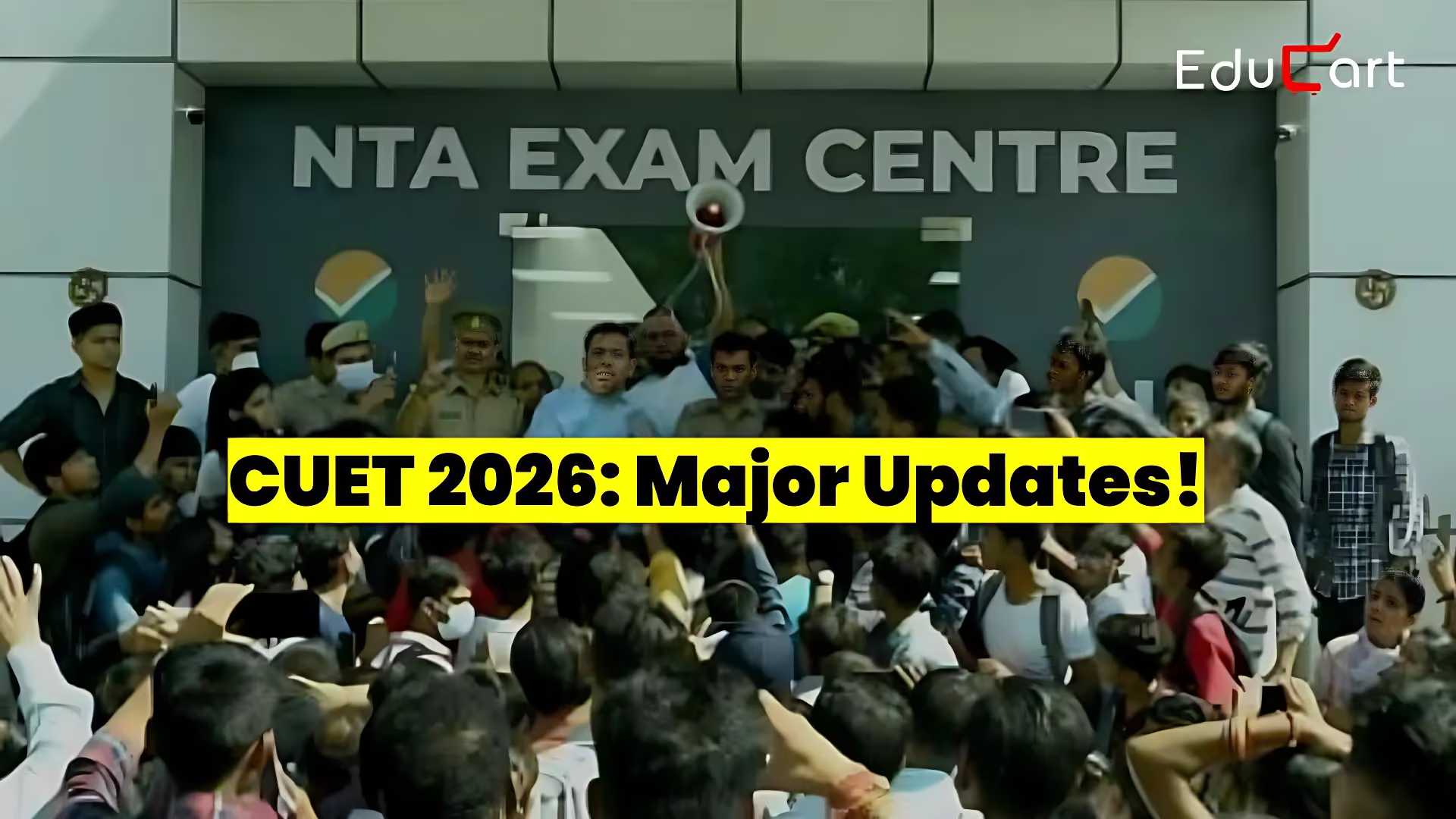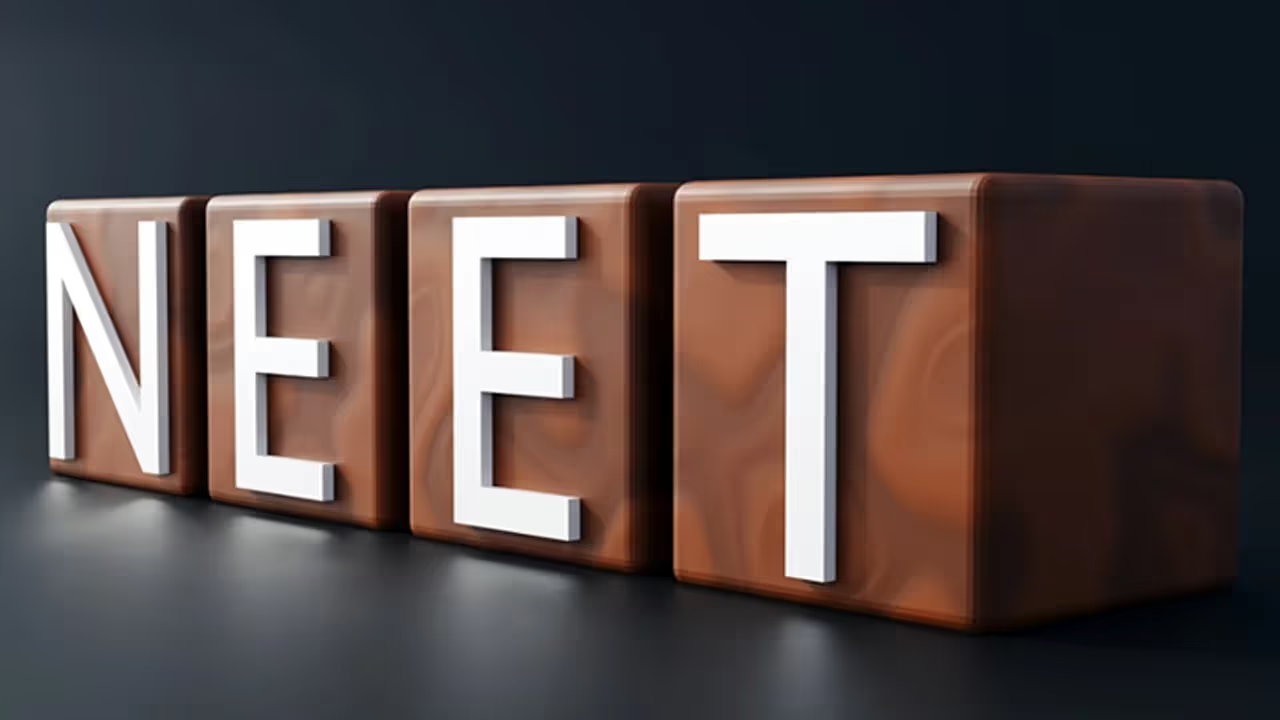<red>Aug 12th, 2025<red>
Remember those sleepless nights cramming dates, formulas, and definitions? Well, Class 9 students are about to get a major break! CBSE has just approved something that would have seemed like cheating to previous generations: Open Book Assessments starting from the 2026-27 academic year.
Yes, you read that right. Students will actually be allowed to flip through their textbooks, notes, and approved materials during exams in Language, Math, Science, and Social Science. It's like getting official permission to do what every student has secretly wished for!
.avif)
Out with the Old, In with the Bold
This isn't just about making exams easier - it's a complete mindset shift. Instead of testing whether students can regurgitate information like human Google searches, CBSE wants to see if they can actually think and apply what they've learned.
"Finally, an education system that recognizes we live in the age of smartphones, not stone tablets," jokes parent Priya Malhotra from Delhi. And she's got a point, when was the last time you solved a real-world problem without looking something up?
The Reality Check: It's Trickier Than It Sounds
Before students start celebrating, here's the twist: early pilot programs showed scores ranging from just 12% to 47%. Turns out, having books doesn't automatically make exams easier, it makes them different. Students discovered they actually needed to understand concepts to use their resources effectively.
"Students were struggling not because they couldn't find information, but because they didn't know what to do with it," explains education expert Dr. Rajesh Sharma. "It's like having a toolbox but not knowing which tool to use."
What This Really Means?
For Students:
- No more all-nighters memorizing the periodic table
- Less stress, more thinking
- Skills that actually matter in the real world
For Teachers:
- Time to get creative with questions like "How would you solve this problem?" instead of "What is the definition of...?"
- Focus on teaching understanding, not information dumping
For Parents:
- Fewer meltdowns during exam season (hopefully!)
- Kids learning skills they'll actually use in college and careers
Schools get to choose whether they want to join this educational revolution - it's optional. So while some students might be living their open-book dreams, others could still be stuck in the memorization marathon.
Also, students will need to learn a whole new skill set: how to quickly find and use information under time pressure. It's like being a detective, researcher, and problem-solver all at once.
Also, as per the information - teachers are surprisingly excited about this new concept. Despite the challenging pilot results, teachers are actually optimistic about this change. They're seeing students engage with material differently asking "why" and "how" instead of just "what."
One teacher noted, "When students realize they can't just copy-paste answers, they start thinking. That's when real learning happens."
The Bigger Picture is - This move aligns with India's National Education Policy 2020 and puts us in line with countries like Finland and Singapore, who've been doing this successfully for years. It's acknowledgment that in today's world, knowing how to think is more valuable than knowing what to think.
The initiative tackles a real problem too - the mental health crisis among students who've been pressured to memorize mountains of information. Now they can focus on actually understanding and enjoying their subjects.
What Happens Next?
Schools have until 2026-27 to decide if they're ready to take the plunge. Meanwhile, CBSE is working on:
- Training teachers to write better questions
- Helping students develop research skills
- Creating guidelines for what materials are allowed
If successful, don't be surprised if this spreads to other grades. We might be witnessing the beginning of the end for the traditional "mug up everything" approach to education.
So, While some might worry this makes things too easy, the pilot results suggest otherwise. Open book doesn't mean easy book, it means smart book. Students still need to study, understand concepts, and think critically. They just get to do it without the panic of forgetting whether mitochondria is the "powerhouse" or "warehouse" of the cell.
As one student from the pilot program put it: "I thought it would be easier, but it actually made me realize how much I didn't really understand. Now I have to actually get the concepts, not just remember them."
And honestly? That sounds like exactly the kind of learning we need more of.
Schools interested in adopting OBAs should contact CBSE for detailed implementation guidelines and Students: start practicing your critical thinking skills - you're going to need them!
<red>Dec 9th, 2024<red>
CBSE 2025 Board Exams: The Central Board of Secondary Education (CBSE), one of the primary educational authorities, regularly modifies its learning system to facilitate student advancement while lowering academic pressure. In response to the pandemic's effects, CBSE decreased the syllabus for numerous core and elective subjects for Classes 10 and 12 by 30%. This version sought to promote substantive and intellectual learning instead of just rote repetition.

Cbse Denies Syllabus Reduction And Open-book Exams for the 2025 Board Exams.
Recent news circulating online claimed that CBSE would reduce the syllabus for Classes 10 and 12 by 15% and introduce open-book exams for the 2025 board exams. However, CBSE has officially denied these reports.
In a notice published on its official website, cbse.gov.in, CBSE clarified:
"We have not made any changes to the examination or internal assessment systems, nor have we issued any official communication regarding such claims." The Board denies the reports and advises the public to rely only on official updates.”
CBSE reiterated that any changes to its policies would be announced exclusively through its official website or circulars. The public is urged to disregard misleading information and verify updates directly on the CBSE website.
<red>June 14th, 2024<red>

CBSE Open Book Examinations 2024 for IXth and XIth Only
Since February, CBSE has conducted the Open Book Test from Class 9 to 12 was the talk amongst the students. It wasn’t clear if it was the replacement for the Class 10 and 12 board exams.
CBSE Board Secretary, Himanshu Gupta has clarified that the Open Book Test will be conducted for IXth and XIth classes. The pilot run will begin in some selected affiliated schools to implement it in the 2025-26 session.
For Class 10 and 12, the board has increased the percentage of competency-based questions to 25% and emphasis on improving critical-thinking skills.
<red> February 23rd, 2024 <red>
CBSE Open Book Examinations 2024 Scheduled in November-December for Class 9 to 12
Last year on August 23rd, 2023, the new education curriculum was launched by the union education minister Dharmendra Pradhan. To align with the new curriculum guidelines, the Central Board of Secondary Education is considering organizing open book examinations for Class 9 to 12 students.

The open book examinations will be scheduled in selected CBSE schools to analyze and discover the feasibility of the examinations. The exams will be held for Class 9-10 English, Science, and Math, and for Class 11-12, English, Biology, and Maths. CBSE plans to schedule it in November-December to get feedback from the participants and analyze the maximum time taken by students for the test.
In 2014, CBSE experimented with the Open Book Test Exam (OBTA) to help students gain skills and relieve stress but due to negative feedback, the exams were discontinued. The committee will seek guidance from DU to conduct the examinations and improve the student’s experience. The high-quality books involve teachers for the examination and ensure the instillation of critical, and problem-thinking skills with these examinations.

.svg)










.avif)



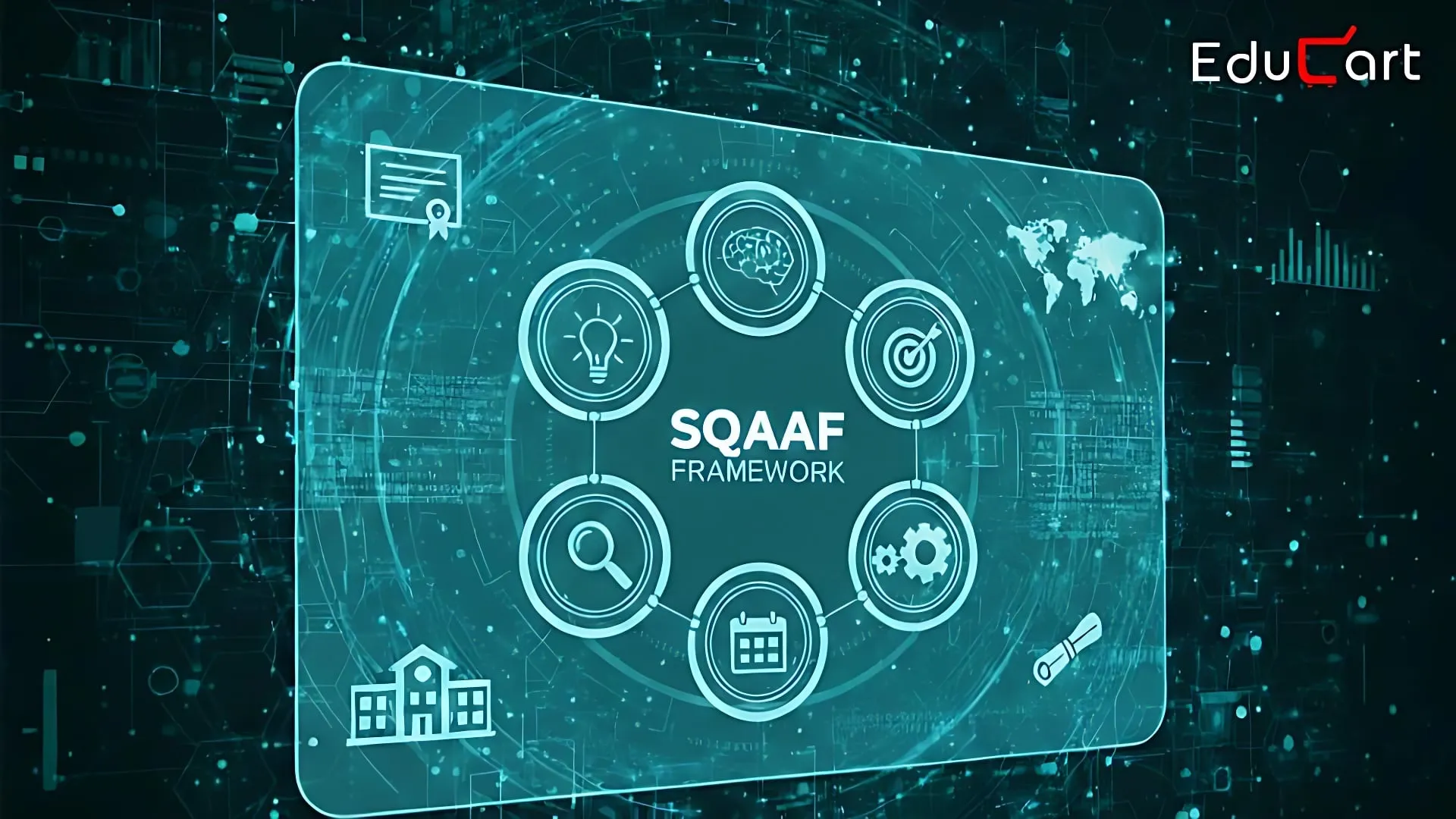




%20(1).avif)

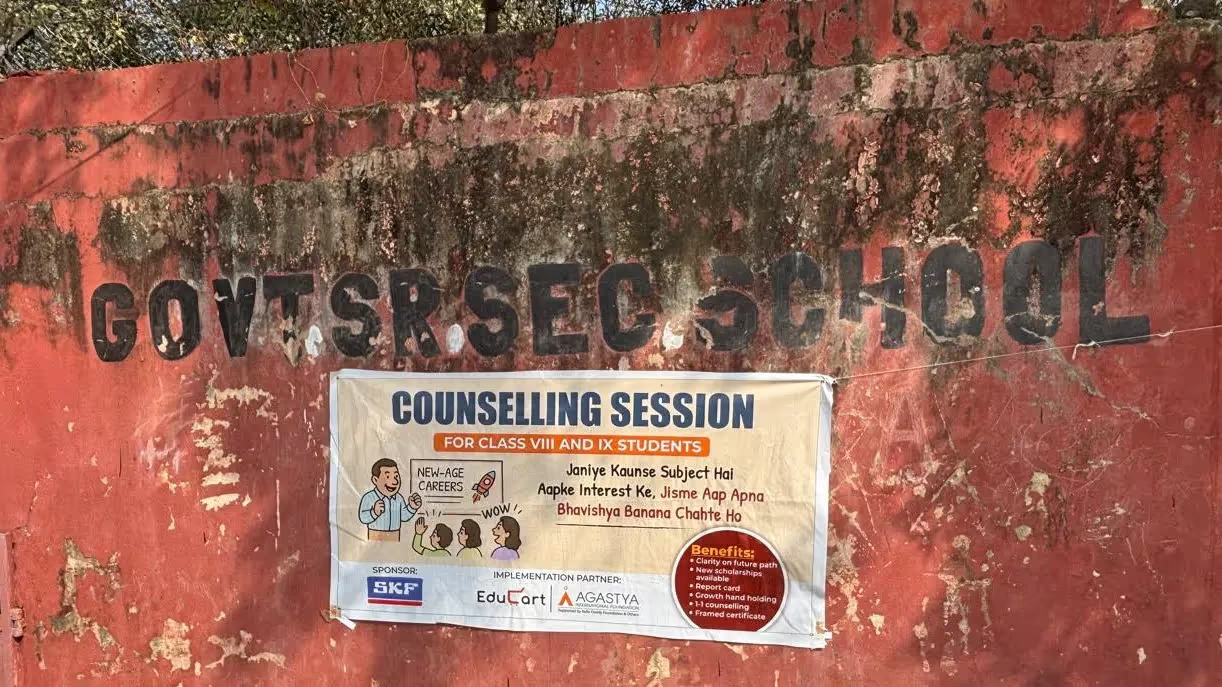
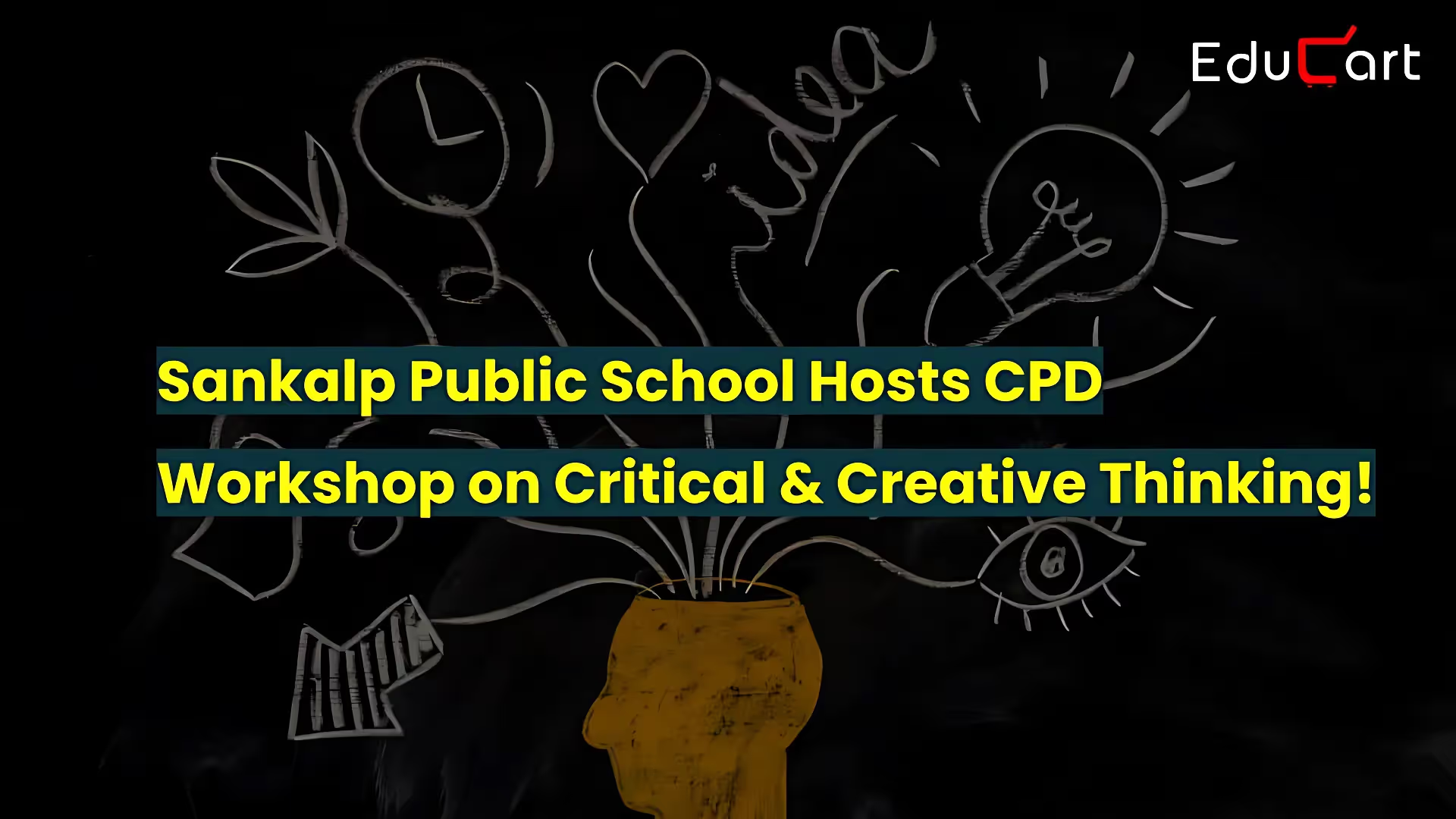



.webp)
